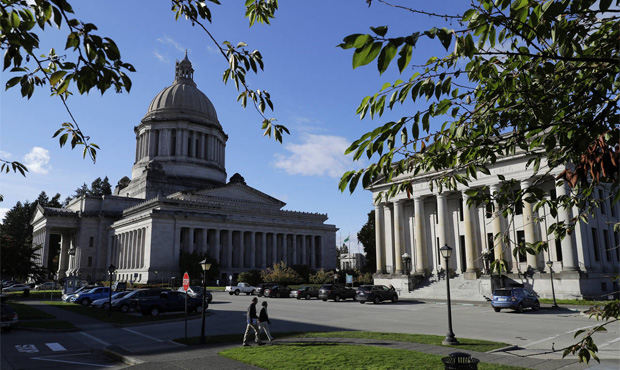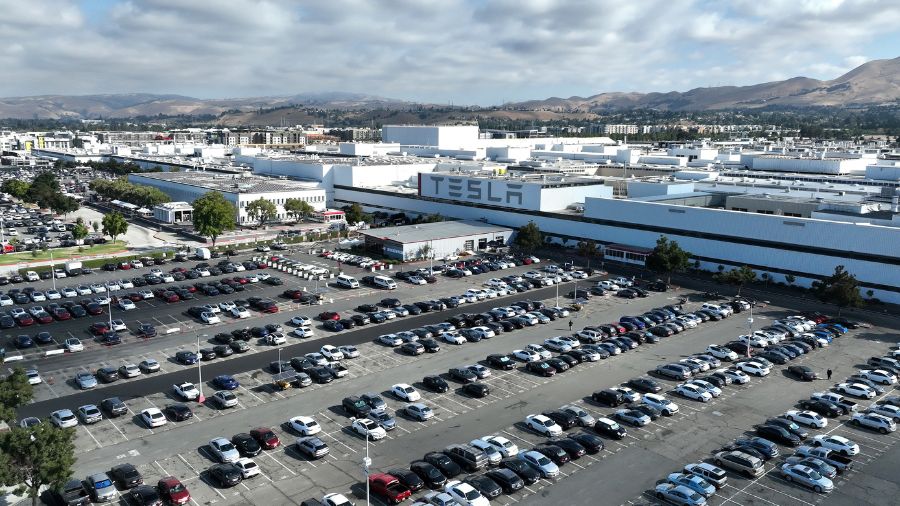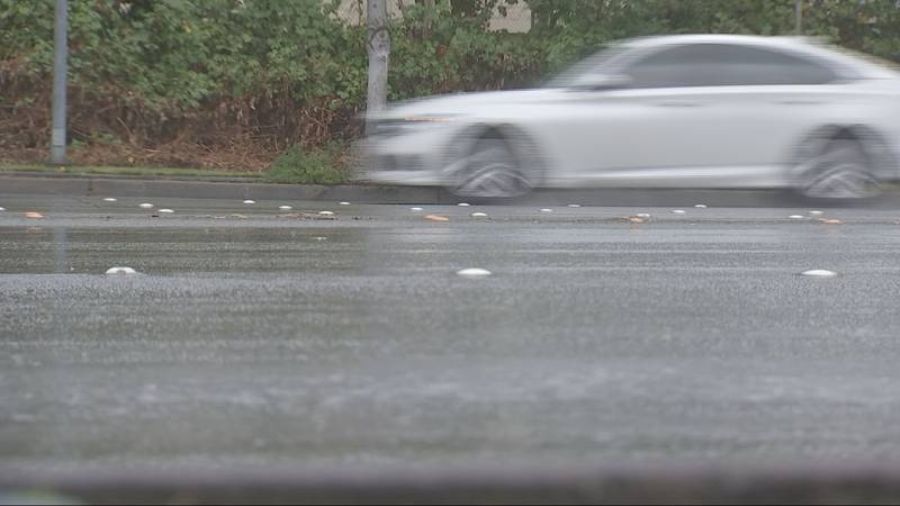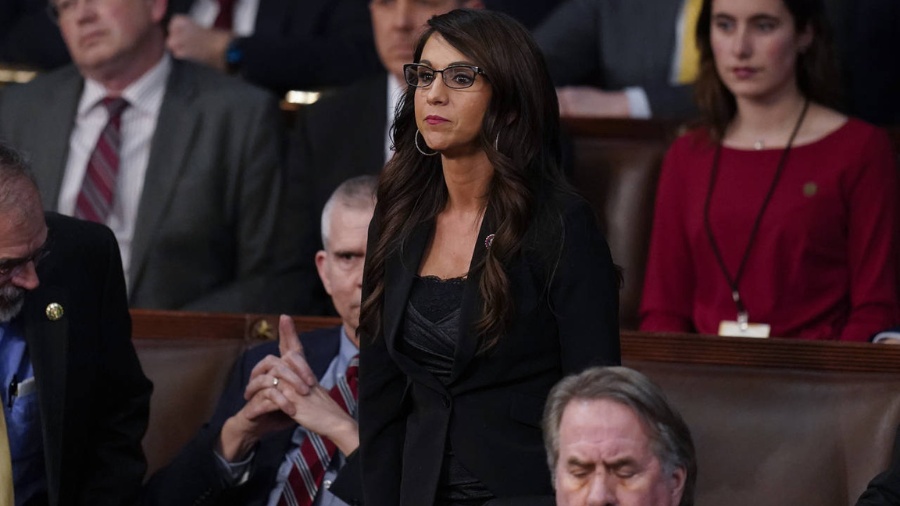Olympia’s fare free bus system is off to a strong start, but is it sustainable?
Jan 31, 2020, 6:09 AM

The Washington State Capitol Building in Olympia. (AP)
(AP)
On January 2, Olympia’s Intercity Transit agency made a radical change — it eliminated bus fare. It’s a move that’s slowly gaining traction nationwide.
KIRO Radio’s Dave Ross spoke to Ann Freeman-Manzanares, the general manager of Intercity Transit, about the reasons behind the change.
“I think it’s surprising to most folks, and it actually was a little surprising to us, how much it costs to collect money,” Freeman-Manzanares said.
Intercity Transit had an outdated fare collection system on the buses that needed an overhaul. The original plan was to switch to the regional ORCA fare collection program, to streamline payment for commuters.
But the costs of installing and running ORCA, combined with an unexpected wait time for the installation thanks to a system revamp, just didn’t add up.
“We actually went through an exercise where every division in the organization did an evaluation of what we would save if fares did not exist,” Freeman-Manzanares said. “And for us, when we subtracted the initial investment with the yearly operating costs of that more sophisticated regional system once it was available … it would cost us more to collect than we would gain, in fares.”
In just the first 17 days of a fare free bus service, Olympia has seen ridership increase by 25,414 people. That’s 13% more than this time last year.
“It’s still relatively new, but we’re not seeing a problem,” Freeman-Manzanares said. “Zero fare doesn’t mean there are zero rules … and people who get on the bus need to have a destination.”
“Really, additional riders means that the service that we put out on the street is more productive, more economical and more environmentally friendly,” she added.
The fare free program will be in effect for the next five years as a pilot program. The transit agency will continue to study how well it’s working. A small sales tax increase and a combination of local and federal grants will fund fare free buses. Freeman-Manzanares hopes the program will start to pay for itself in community impact.
“What if new or expanding businesses consider zero fare transit as an incentive to select a particular community in which to locate?” she said. “The financial benefits of having those jobs here are exponential. Or, what can the colleges and the social service agencies accomplish with the funds that were previously dedicated to purchasing transit passes for their students and clients? Can they keep people in school, can they move people out of poverty … what does that do for the health of the community?”
Listen to the Seattle’s Morning News weekday mornings from 5-9 a.m. on KIRO Radio, 97.3 FM. Subscribe to the podcast here.














